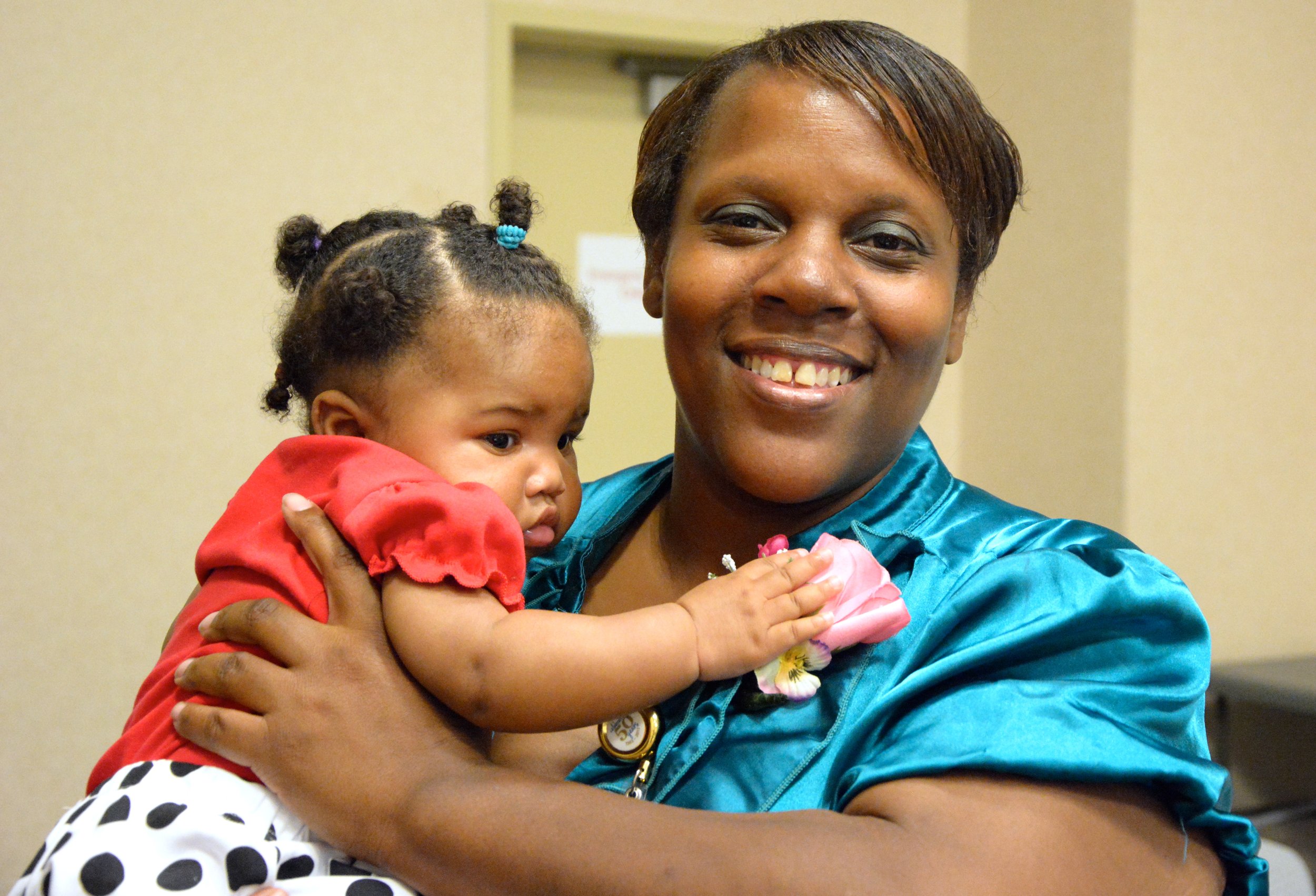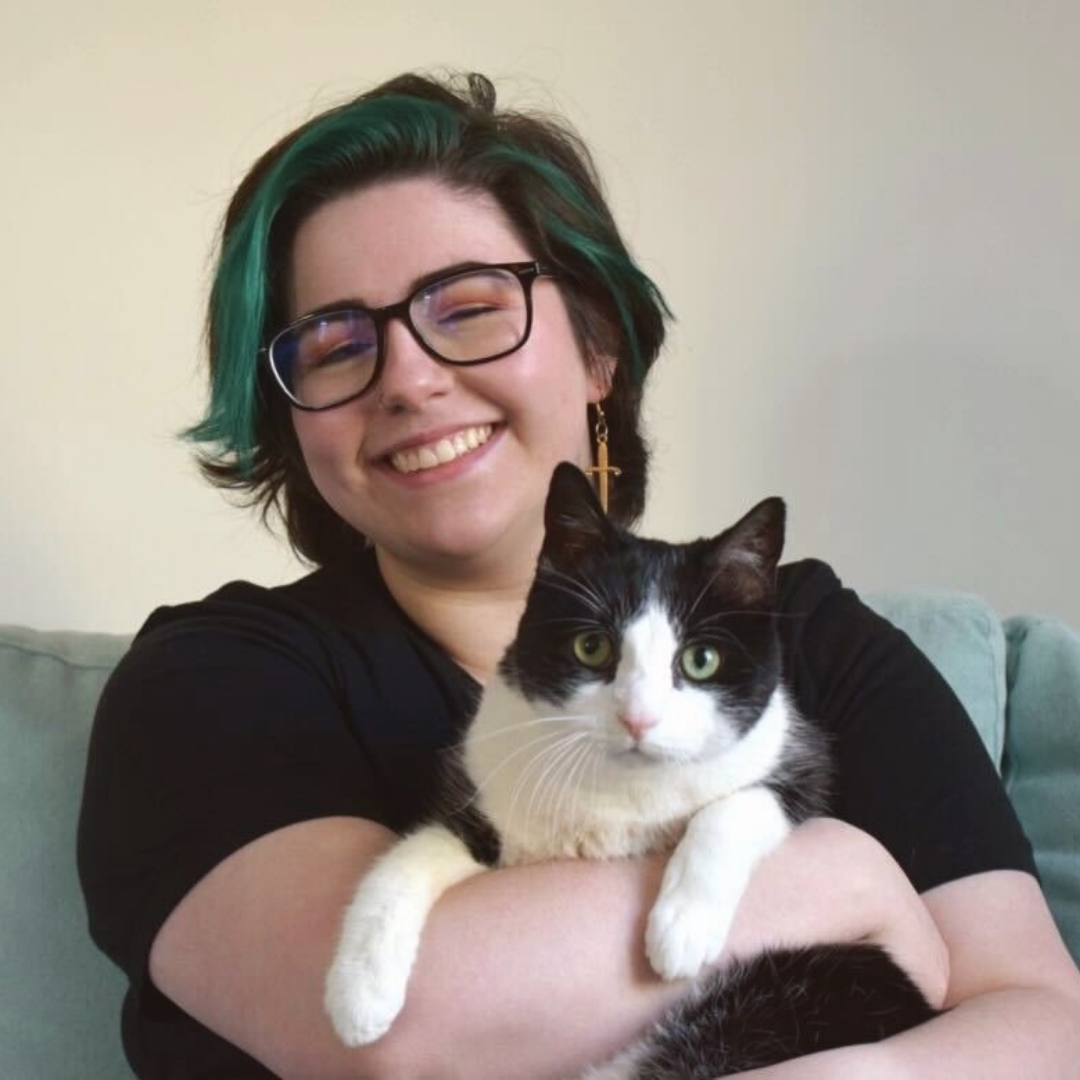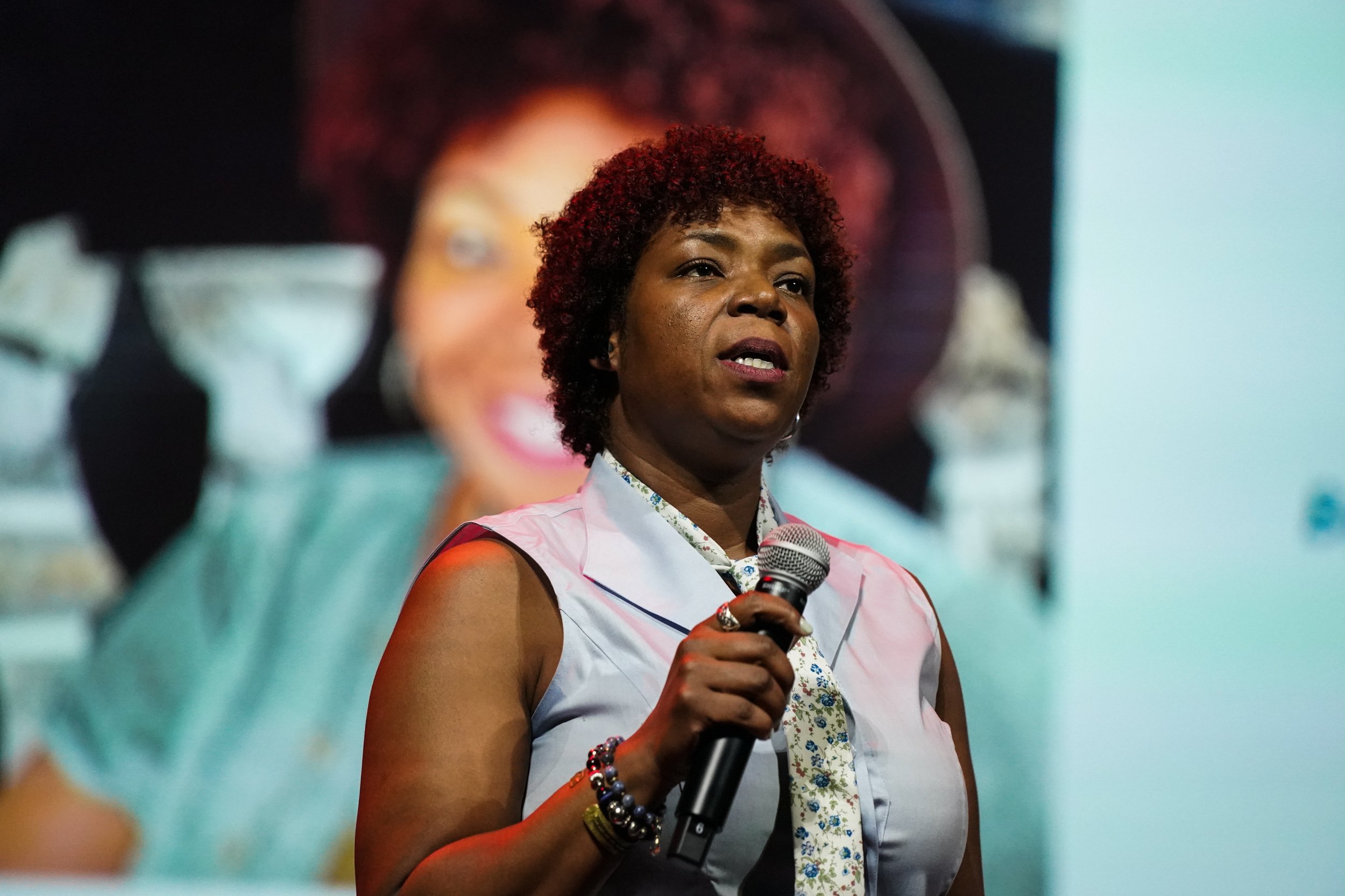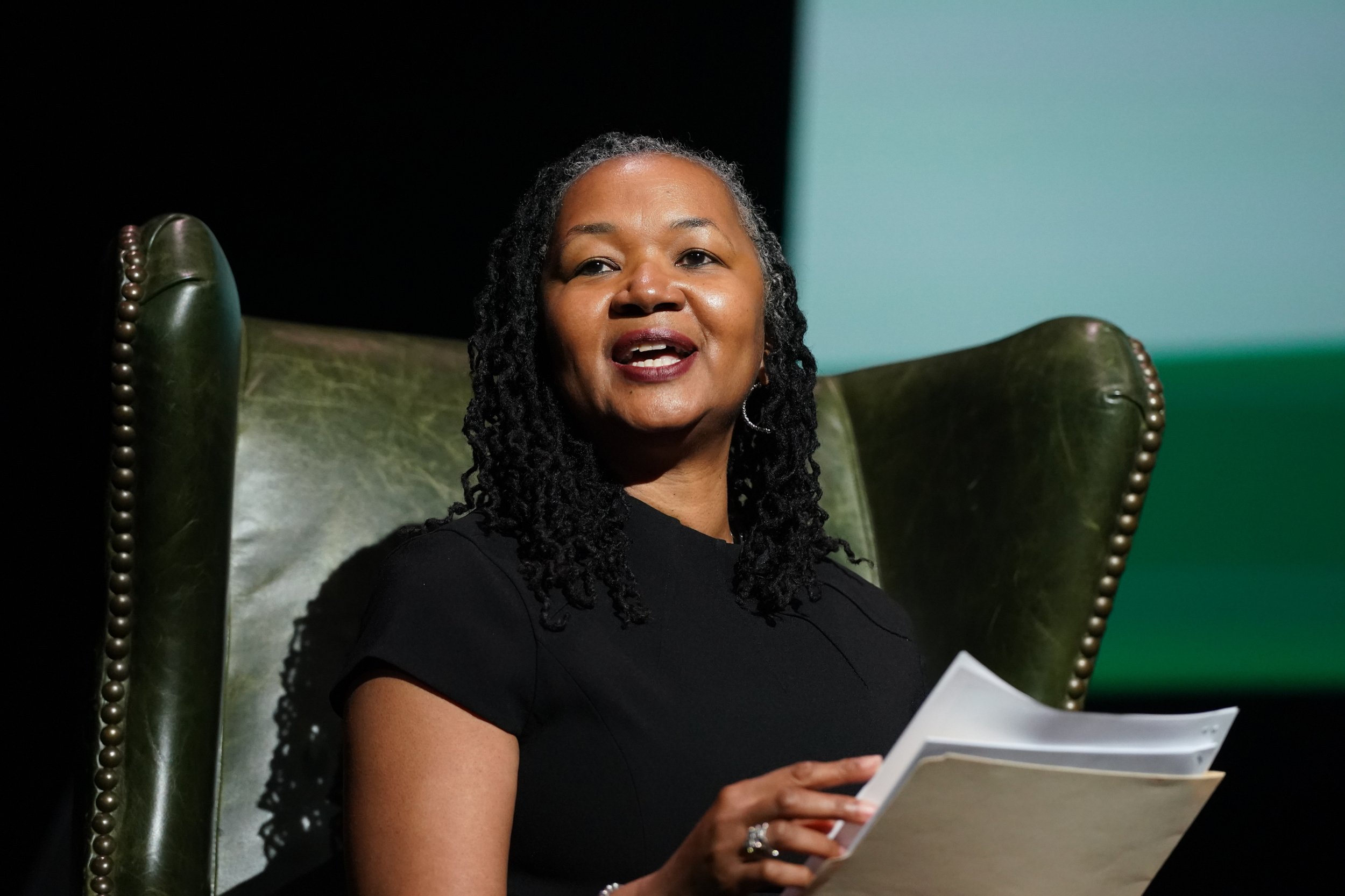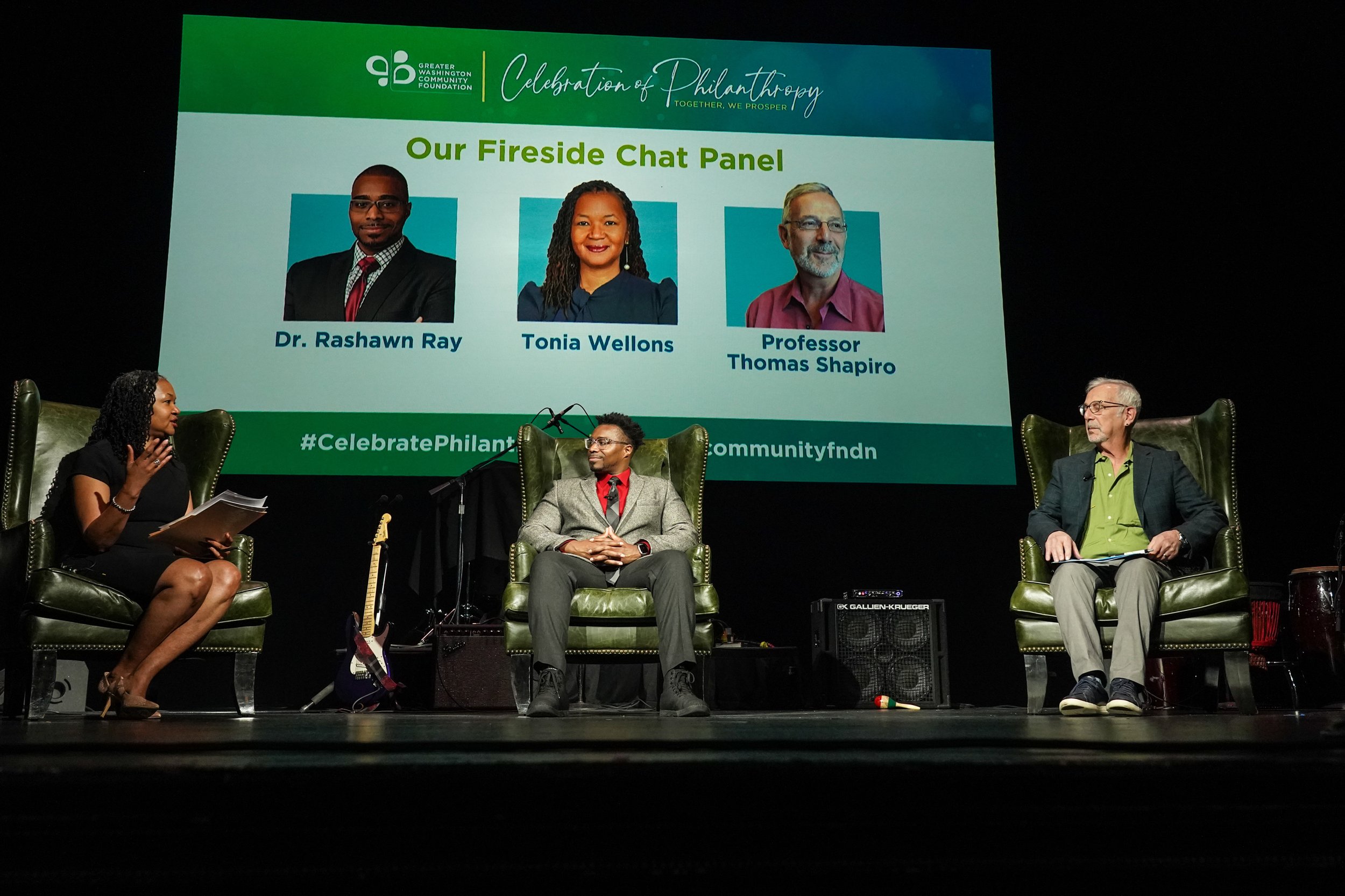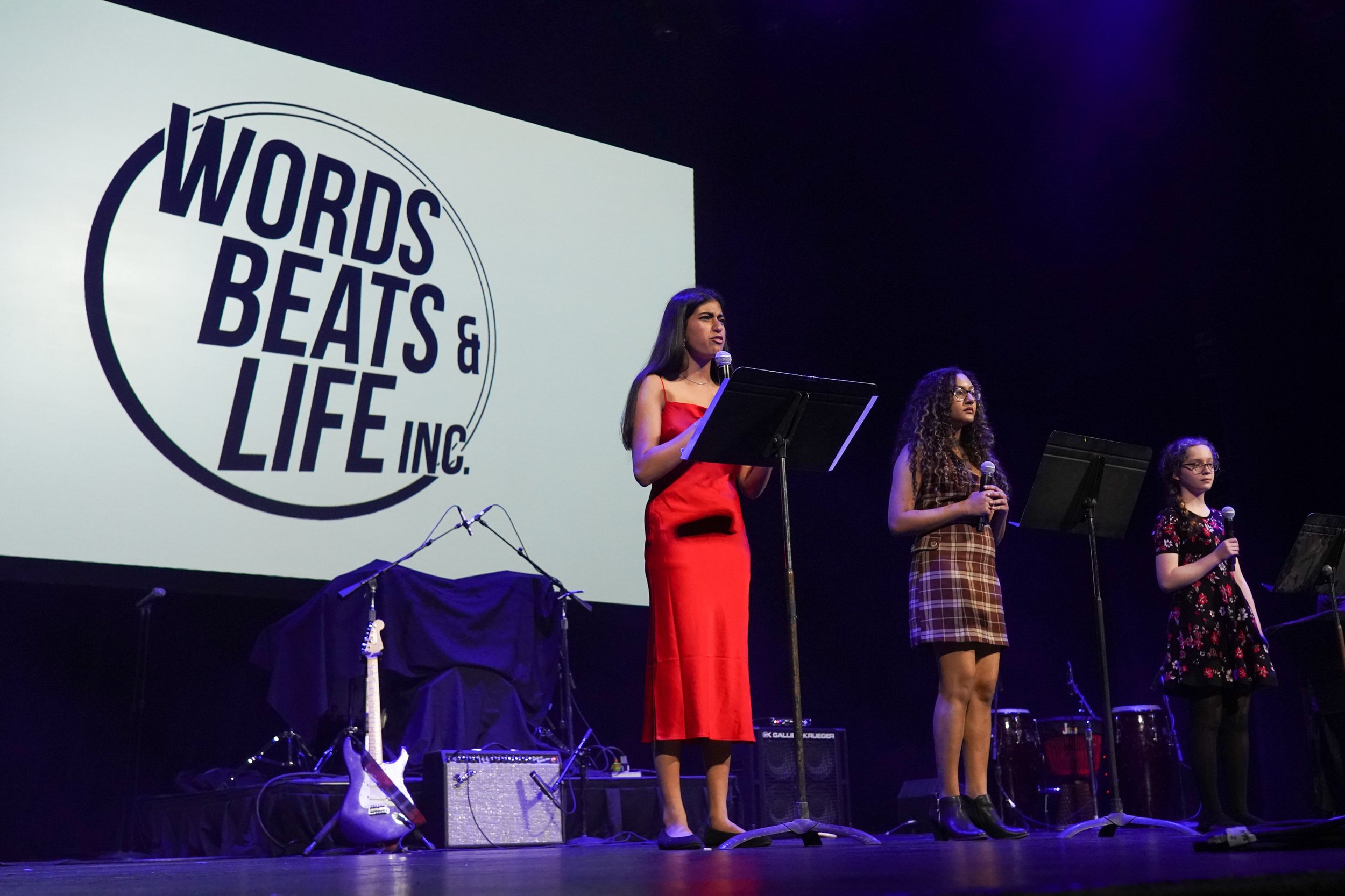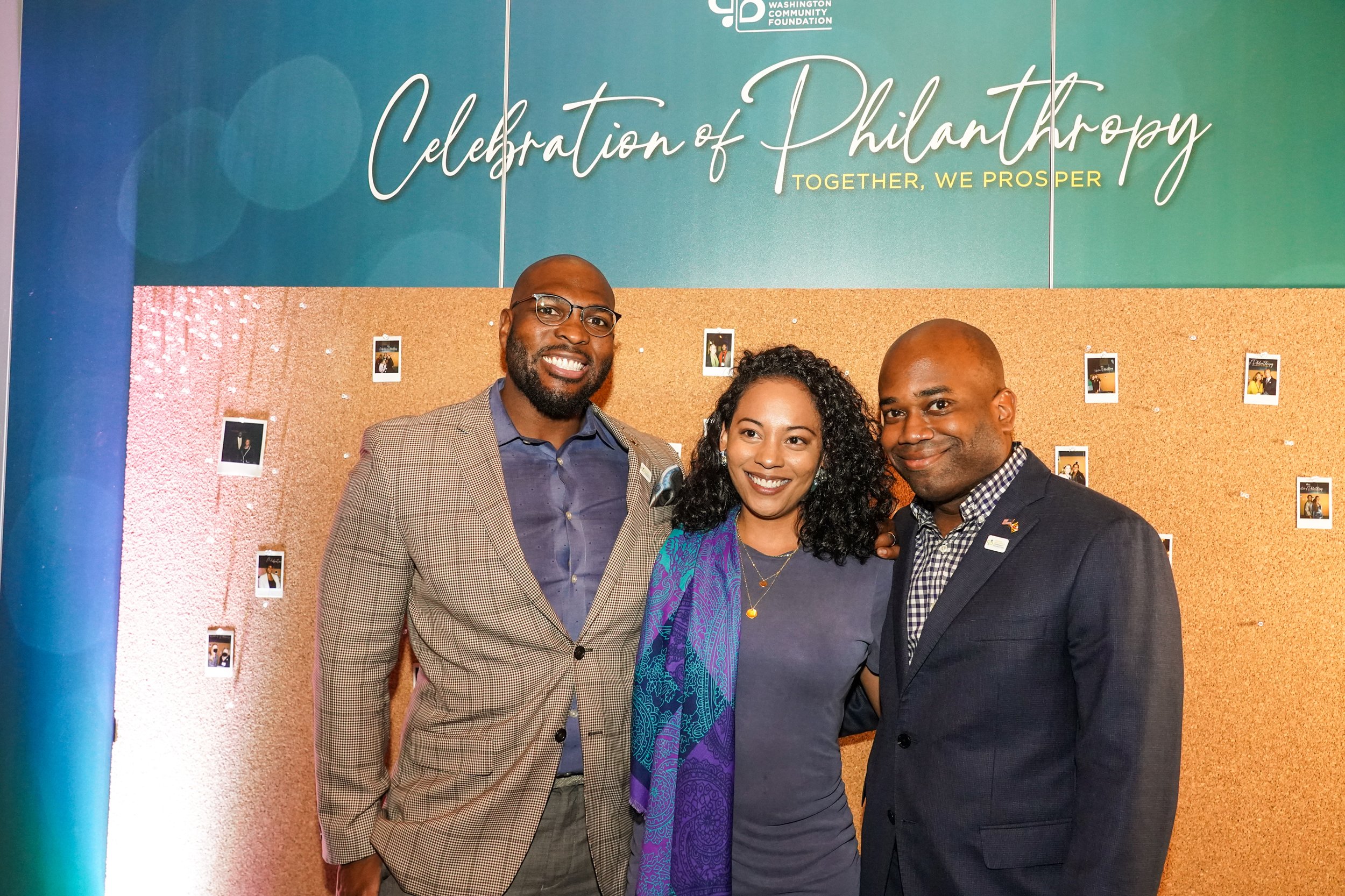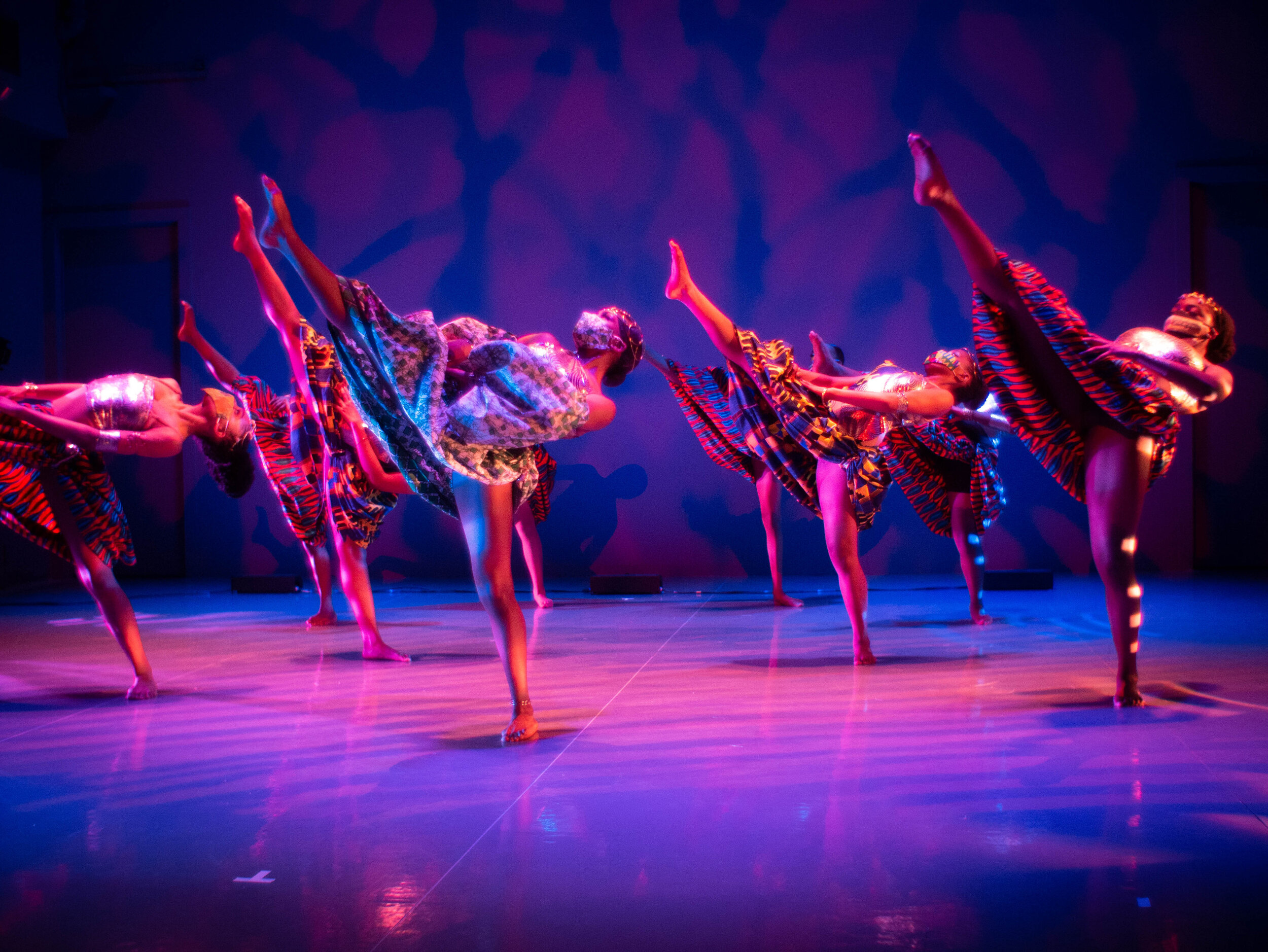Over the past few months, we’ve been excited to welcome seven incredible members to The Community Foundation family — as well as five new Advisory Board Members! We are thrilled — not only by the vast array experience that they bring to the organization, but also by their dedication and drive to help us close the racial wealth gap. If you haven’t already, please join us in welcoming them to The Community Foundation!
Meet Our New Staff Members
Dr. Marla Dean, Senior Director, Health Equity Fund
Marla M. Dean is a native Detroiter. For over a decade, she has lived East of the River in Washington, D.C. With nearly 30 years of teaching and leadership experience in the District of Columbia, Maryland, Michigan, and Virginia, Marla is a recognized national leader and expert in the two generational and whole child approaches.
Most recently, Marla has served as the executive director and chief executive officer of Bright Beginnings Inc. (BBI), a non-profit, community-based organization that operates two-generation programming for children and families experiencing homelessness and housing instability in Washington, D.C.
Marla is a proud Ward 7 resident where she lives in the PennBranch community with her husband, Steve. She has one son who graduated from Morehouse College with a degree in Cinema, Television and Emerging Media Sciences.
Yorman De La Rosa, Donor Services Associate, District of Columbia
Yorman joined The Greater Washington Community Foundation in April 2022 as the Donor Services Associate for the DC office of Philanthropy and Donor Services.
Yorman comes to The Community Foundation with more than 5 years of project management experience in the economic and community development sector. He is a passionate advocate of greater education access for low-income, first-generation students. Prior to joining The Community Foundation Yorman spent 4 years working in youth development at a local DC-based nonprofit organization and with the Peace Corps in Morocco.
Olivia Hsu, Donor Services Associate
Olivia Hsu, CFP® joined The Community Foundation in May 2022 as a Donor Services Associate. She is currently working with the Montgomery County team to support donor requests and initiatives.
Olivia is a Certified Financial Planner™ and previously spent three years working in wealth management at Wealthspire Advisors (previously Bronfman Rothschild) in Potomac, Maryland. In this role, she developed an interest in coordinating philanthropy and planned giving for her clients and also served on the firm’s Diversity, Equity, Inclusion, and Belonging Committee.
Tiara Isom, Events & Marketing Coordinator
Tiara Joined the Community Foundation in June 2022 as the Events and Marketing Coordinator. In this role, she supports both event planning logistics and promotion. Tiara has over 8 years of experience planning and coordinating events for the DC community. She also spent the last 4 years as a marketing coordinator at a MCO (Managed Care Organization) health plan that services the DC community.
Tiara is extremely passionate about giving back to the community and loves being a difference maker. Tiara found her love for events and marketing after working with the promotions department at CBS Radio for WPGC 95.5 station. Since then, she has volunteered and worked community outreach/marketing jobs. Tiara is a Bowie State University graduate who completed her Certificate of Bachelor Studies with a degree in Communications (Broadcast Journalism).
Mary Robinson, Interim Managing Director, Development
Mary Robinson joined The Community Foundation in 2022 as the Interim Managing Director, Development. Mary has pursued her passion for building thriving communities as the founder of Capacity Partners, a consulting firm in its 20th year serving nonprofits in Greater Washington. Mary and her team have worked successfully with The Community Foundation on the Children’s Opportunity Fund and Food for Montgomery.
Mary is deeply committed to helping people get to the heart of challenges and achieve their goals. An expert in nonprofit fundraising and management, she brings extensive experience in capital campaigns and major donor programs, comprehensive strategic planning, and board development. Prior to founding Capacity Partners, she was president of the electronic screening division of national consulting firm Marts & Lundy, director of prospect screening at Bentz Whaley Flessner, and product manager at Wealth ID, a Thomson Financial company. Previously she was the co-owner of DataPlus Inc., a software company serving nonprofits nationwide.
Isabel Spake, Program Officer, Health Equity Fund
Isabel joined the Greater Washington Community Foundation in June 2022 as a Program Officer. She has over 10 years of project and grants management experience in the DC area.
Isabel’s interest in community-based work started while she served as an AmeriCorps VISTA for DC government, where she later became the AmeriCorps Program Officer. In addition to her experience in local government, she has also worked for local non-profits focused on teacher quality issues and public land efforts.
Meet our New Advisory Board Members - Prince George’s County
Dr. Marcia Robinson, M.S. Robinson Construction
Dr. Marcia Robinson is a visionary leader with over 25 years of successful collaboration with business and community leaders in Prince George’s County. Dr. Robinson is a Certified Natural Health Professional (CNHP), author, ordained minister, and entrepreneur. She is the author of several books including “Inside Out Your Body Is Talking” and “Peaceful Existence, Warfare of the Mind”.
Dr. Robinson serves as President and CEO of M.S. Robinson Construction working to improve housing conditions in Prince George’s County. Prior to that she worked as a statistician for the U.S. Census Bureau for more than 20 years.
Dr. Robinson received her Doctorate of Health Sciences from University of Berkeley. She also received a Masters in Project Management from George Washington University and a Bachelor’s Degree in Sociology and Health Education from North Carolina Central University.
Marcia is married to Rev. James J. Robinson, Pastor and Founder of The Tree of Life Christian Ministries in Clinton, Maryland. She is the mother of two children, Nicole and Christopher; and three grandchildren, Akkirah, Khylee, Kouture, and Christopher Jr. She is also a proud member of the Delta Sigma Theta Sorority.
Meet our New Advisory Board Members - Montgomery County
Alisha Griffey, Daintree Capital
Alisha Griffey spent over a decade as COO/CFO of several high-growth companies, helping to position them for successful exits either through private sale or IPO.
During her time as a start-up operator, Alisha saw firsthand the lack of diversity in both the founders and types of companies that receive investment capital. In 2020 she founded Daintree Capital to address these problems head on. Daintree provides working capital loans to female, and other underrepresented, founders. Daintree has more than 40 loans in its portfolio and currently enjoys a 0% default rate.
Daintree is now scaling its lending program and has partnered with innovators at the intersection of for-profit and not-for-profit capital to design an investment instrument that enables the use of philanthropic capital to invest in companies led by under represented founders.
Alisha received a B.A. in Economics from the University of Virginia and an MBA from Stanford University. She lives with her husband in Chevy Chase, MD where she spends her evenings and weekends as a professional youth sports spectator following her two sports addicted teenage sons from field to field.
June Linowitz
June Linowitz has been engaged with art her whole life. While pursuing an active studio practice, she has been, at varying times, an art teacher, a gallery director, an exhibition curator and an art consultant with her own business, ArtSeen. Her artwork, which started out as personal narrative paintings, has evolved into her current mixed media political work focusing primarily on climate change. June Linowitz’ work has been exhibited nationally and internationally. In 2015 she was honored by the Maryland Women’s Heritage Center as one of the 50 women included in “Images and Expressions – Maryland Women in the Arts.”
June Linowitz is an active member of the greater Washington art community. She has served on numerous boards and independent projects supporting the community. Most recently she was board president of Arts on the Block and a member of both The Resilience Fund and The Arts Forward Fund of the Greater Washington Community Foundation. She currently serves on the board of the McLean Project for the Arts where she heads up the Art & Education Committee.
Barbara Mulitz, Sandy Spring Trust
Barbara Mulitz is a Vice President and Senior Trust Officer at Sandy Spring Trust. Her expertise includes: estate and trust planning, special needs planning, aging issues, wealth management, women and retirement, elder financial abuse and financial education.
Serving for six years as a Commissioner on the Montgomery County Commission on Aging, Barbara advocated for legislation to protect older adults, co-produced the internet series "Seniors Today", and chaired the Communications Outreach committee. Her awards and honors include: The MD Bankers’ Assn. Council of Professional Women in Banking and Finance Achievement Award; the Sandy Spring Bank Principle award (twice); the Sandy Spring Bank, Take the Long View Award; and, The Sidwell Friends School, Newmyer Award.
A native Washingtonian, Barbara is an attorney, with a JD from The American University, a Master in Medical Science from Emory University School of Medicine and a BS from the University of MD. She is an active member of her community and volunteers in various organizations, including: Charles E Smith Life Communities, ELDERSAFE Advisory Council; Montgomery County, MD, Aging in the Community Advisory Committee; Johns Hopkins Medical Center, Women’s Journey, Advisory Board; Sidwell Friends School, Graduated Parents, Alumni Board; Maryland Bar Association, Co-Chair, Law Day Advance Directives Program; and the Montgomery County Voter Hotline.
Sumindi Peiris, Bethesda Magazine
Sumindi Peiris is the President of Bethesda Magazine and Bethesda Beat, published by Z-Pop Media. These award-winning publications’ purpose is to strengthen community and empower individuals through trustworthy journalism that serves, connects, and celebrates the depth and diversity of Montgomery County, one the nation’s most populous and affluent counties.
Peiris spent the past 25 years helping build iconic brands at international organizations spanning media, hospitality and consumer goods sectors. Prior to joining Z-Pop Media, she was the Global Chief Marketing Officer at Time Out Group, a global media publisher that reinvented itself when the COVID-19 pandemic hit and went on to win multiple international awards for its innovative response to supporting community. Her past roles included executive and leadership roles at Hilton Worldwide, Diageo, LVMH, Bacardi and Unilever. Her successful work has been recognized in top media publications across the globe, including Wall Street Journal and Bloomberg.
Born in Sri Lanka, she grew up in Kensington, traveled the world and now lives in North Bethesda with her husband, Sam, their son Daveeth, who also attends Walter Johnson High School, and their 4-yearold Bichon Frise, BooBoo. Since her return, she has been involved in supporting Kids In Need Distributors (KIND), providing meals for kids in need in Montgomery County, and the Buddha Meditation Center of Greater Washington DC, providing free meditation services to build an inclusive, happy and healthy community.














